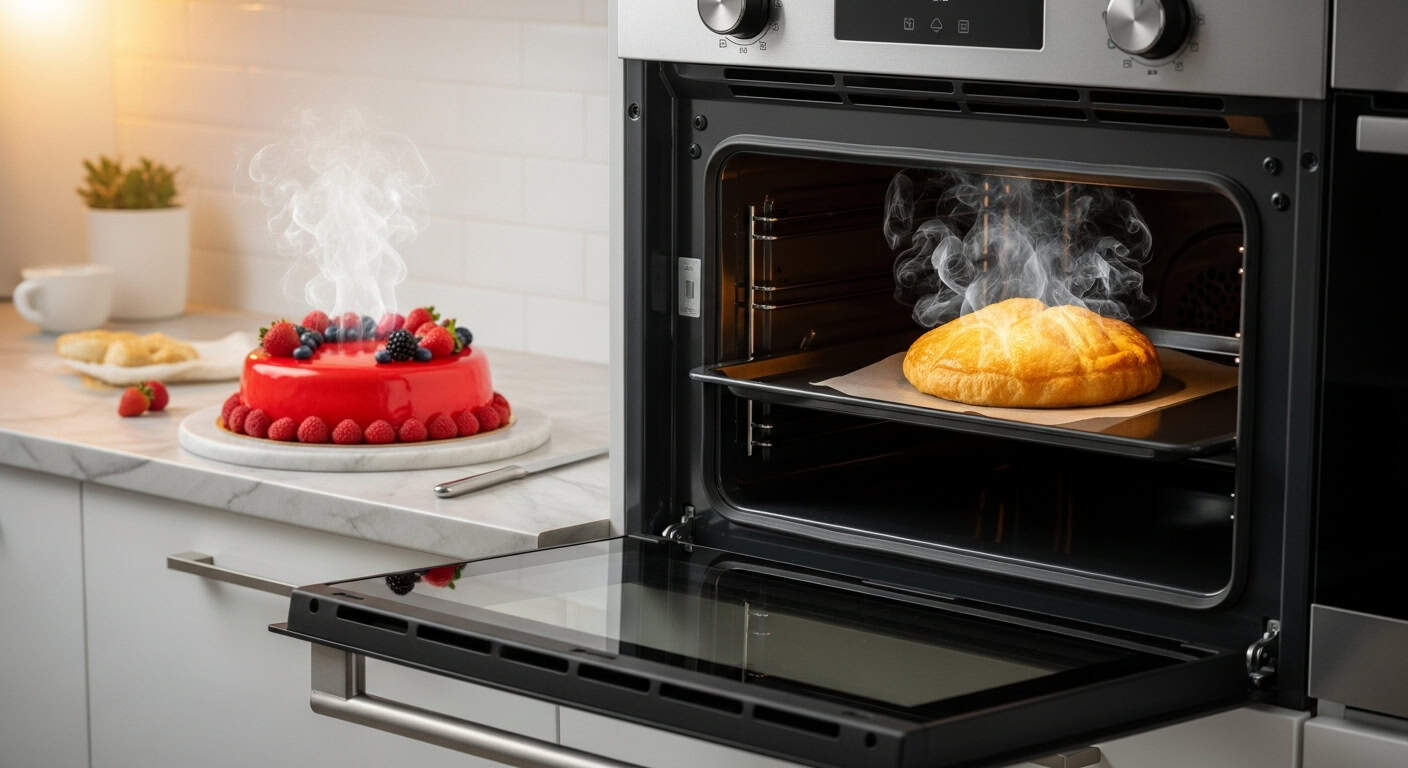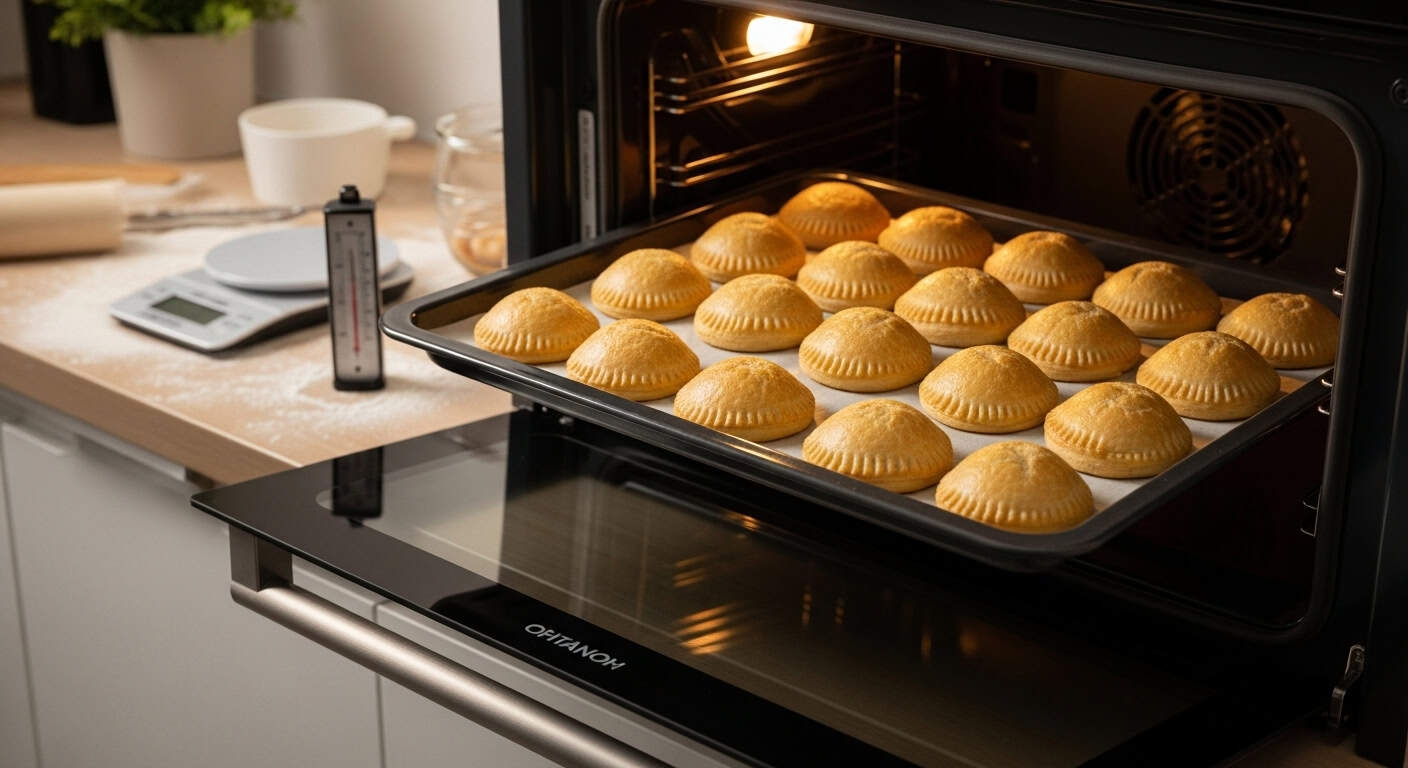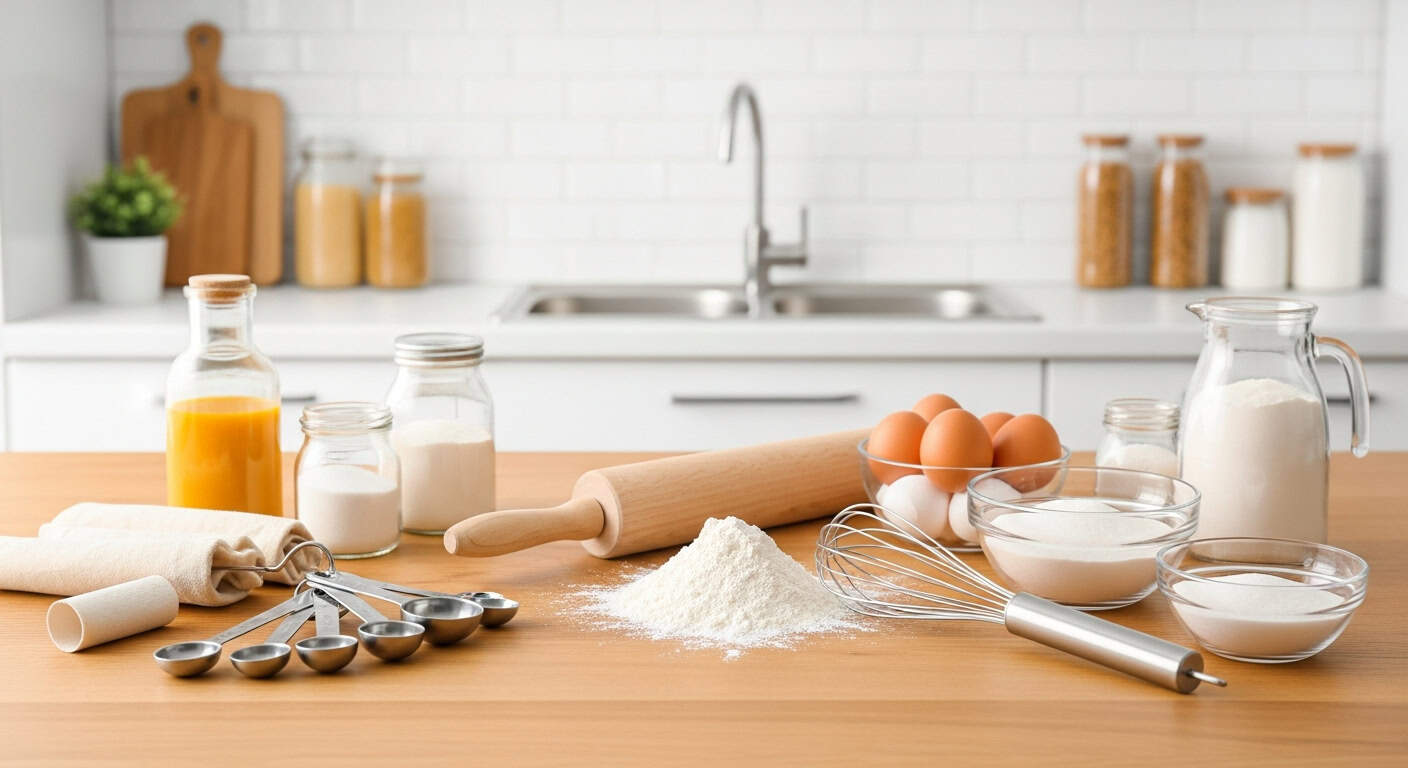The Quiet Joy of Cooking for One: 11 Facts That Might Surprise You
Cooking for yourself is often mistakenly viewed as a lonely task, but in truth, it can be one of life’s most rewarding experiences. Far from being a chore, preparing meals for one encourages independence, sparks creativity, and fosters mindfulness in the kitchen. With no one else’s palate to please, you’re free to experiment boldly, savor your own tastes, and truly enjoy the rhythm of culinary solitude. This article will explore eleven surprising facts that highlight the overlooked pleasures and unique benefits of solo cooking—inviting you to embrace your solitary kitchen adventures with newfound appreciation.
1. Cooking For One Boosts Mindfulness

When cooking alone, you naturally become more attuned to the sensory details of the culinary process. With no distractions from conversations or group dynamics, solitary cooking allows you to fully immerse yourself in the textures, aromas, and sounds of your ingredients. Slicing vegetables, stirring a simmering sauce, or tasting a new spice mixture can become moments of meditative focus, grounding you firmly in the present. Unlike the bustling environment of group cooking, solo meal preparation invites a deeper connection with your food, turning an everyday activity into a calming and mindful practice.
2. Reduced Food Waste

Cooking solo empowers you to precisely tailor meals to your appetite and preferences, significantly cutting down on unnecessary food waste. When preparing meals for groups, it’s common to overestimate portions, leading to leftovers that often go uneaten. In contrast, cooking for one encourages mindful shopping and portioning, ensuring ingredients are used efficiently and meals are enjoyed fresh. This intentional approach not only reduces waste but also saves money and contributes positively to sustainability efforts, making solitary cooking a practical and environmentally friendly choice.
3. Improved Culinary Skills

Cooking for one provides a unique opportunity to explore, experiment, and hone your culinary talents without fear of judgment or making mistakes. Without external pressures or expectations, you’re free to try new techniques, ingredients, and recipes—building your confidence and expanding your skillset. Perhaps you’ve always wanted to master homemade pasta or perfect that tricky soufflé; cooking alone lets you embrace the learning process at your own pace. Over time, these solo kitchen adventures nurture a deeper understanding of cooking fundamentals, transforming you into a more skilled, versatile, and self-assured home chef.
4. Healthier Eating Habits

Cooking for yourself often leads to healthier dietary choices, as it encourages mindful selection of ingredients and reduces reliance on processed convenience foods. Research supports this, indicating that individuals who regularly prepare their meals consume more fruits, vegetables, and whole grains, and fewer unhealthy additives and preservatives. According to a study published in Public Health Nutrition, cooking at home is associated with improved dietary quality and better overall health outcomes. By taking control of your meals, you’re more likely to nourish yourself intentionally, creating balanced dishes that benefit both your body and overall well-being.
5. Enhanced Creativity and Experimentation

Cooking for one sets the stage for culinary creativity, inspiring you to step beyond familiar dishes and explore new flavors, cuisines, and techniques. Without the pressure of pleasing others, you’re free to experiment boldly—perhaps trying your hand at Thai curries, baking artisan bread, or blending unexpected ingredients together. Solo cooking allows you to embrace playful curiosity, transforming your kitchen into a personal test lab for culinary innovation. This freedom to experiment without judgment not only makes cooking more enjoyable but also broadens your palate, turning everyday meal preparation into an exciting and creative adventure.
6. Cost Efficiency

Contrary to popular belief, cooking for yourself can be surprisingly budget-friendly. When preparing single servings, you gain greater control over ingredient portions and expenses, eliminating unnecessary bulk purchases and waste. Shopping strategically—buying versatile staples like grains, beans, and frozen vegetables—lets you create nutritious, affordable meals without overspending. Additionally, cooking solo encourages resourceful habits such as batch cooking and freezing individual portions for later enjoyment. Embracing these practical strategies ensures that solitary cooking becomes not only a rewarding experience, but also a wallet-friendly one, proving that delicious meals don’t require extravagant budgets.
7. Personal Empowerment and Independence

Choosing to cook for yourself is more than just practical—it cultivates a powerful sense of independence and self-reliance. By regularly preparing your own meals, you take charge of your nutrition, schedule, and culinary preferences, freeing yourself from dependence on prepared foods or takeout options. This simple daily act builds confidence, reinforcing your ability to care for yourself thoroughly and thoughtfully. Over time, this independence translates into greater personal empowerment, as cooking becomes more than a routine; it becomes a meaningful affirmation of your autonomy and capability in navigating everyday life.
8. Stress Reduction

Cooking alone can serve as a therapeutic escape, significantly reducing stress and promoting mental well-being. Engaging in the rhythmic, sensory-rich activities of chopping, stirring, and seasoning can trigger relaxation responses, lowering anxiety levels and soothing a busy mind. Psychological studies, including research published in the Journal of Positive Psychology, highlight cooking’s potential as a mindful activity that enhances mood and reduces stress. By dedicating this solitary time to yourself, cooking becomes not merely a practical task but a tranquil retreat, offering emotional nourishment alongside physical sustenance.
9. Tailored Dietary Preferences

Cooking for yourself makes it effortless to cater precisely to your dietary needs, preferences, or health goals. Whether you’re vegetarian, gluten-free, monitoring sugar intake, or simply have unique flavor cravings, solo cooking lets you customize each meal without compromise. In contrast, communal meals often require balancing multiple tastes and dietary restrictions, making personalization challenging. When preparing meals alone, you can effortlessly align your cooking with your nutritional requirements and lifestyle choices, ensuring every dish is perfectly suited to your individual palate and well-being.
10. Improved Kitchen Organization

Cooking for one naturally fosters improved kitchen management and organizational habits. Without the chaos and clutter typically associated with shared cooking spaces, you’re able to establish your own system for ingredient storage, meal preparation, and kitchen cleanliness. Solo cooking allows you to maintain orderly cabinets, tidy countertops, and efficient cooking routines tailored specifically to your preferences. As a result, your workspace becomes more inviting and functional, saving you valuable time and energy, and making each culinary experience smoother and more enjoyable.
11. Increased Enjoyment and Satisfaction

Cooking for one isn’t just practical—it can also significantly enhance your overall enjoyment of food. When you’re solely responsible for your meal’s creation, each bite becomes a reward, a personal achievement uniquely tailored to your tastes. Perhaps you’ve experienced the quiet joy of savoring a perfectly seasoned homemade pasta dish or the delight of finally mastering your favorite dessert recipe. These solitary culinary triumphs deepen your appreciation for food, turning simple meals into meaningful moments of satisfaction, pride, and genuine pleasure.
Conclusion

Cooking for one offers far more than convenience; it brings a host of surprising benefits, from improved mindfulness and healthier eating to enhanced culinary creativity and personal empowerment. Rather than viewing solitary cooking as a mere necessity, embrace it as an opportunity to cultivate valuable life skills, reduce stress, and savor moments of genuine satisfaction. So next time you’re in the kitchen alone, celebrate the quiet joy and freedom it provides—transforming each meal into a meaningful, rewarding experience. Let solitary cooking nourish not only your body, but your spirit, too.
Happy cooking!





